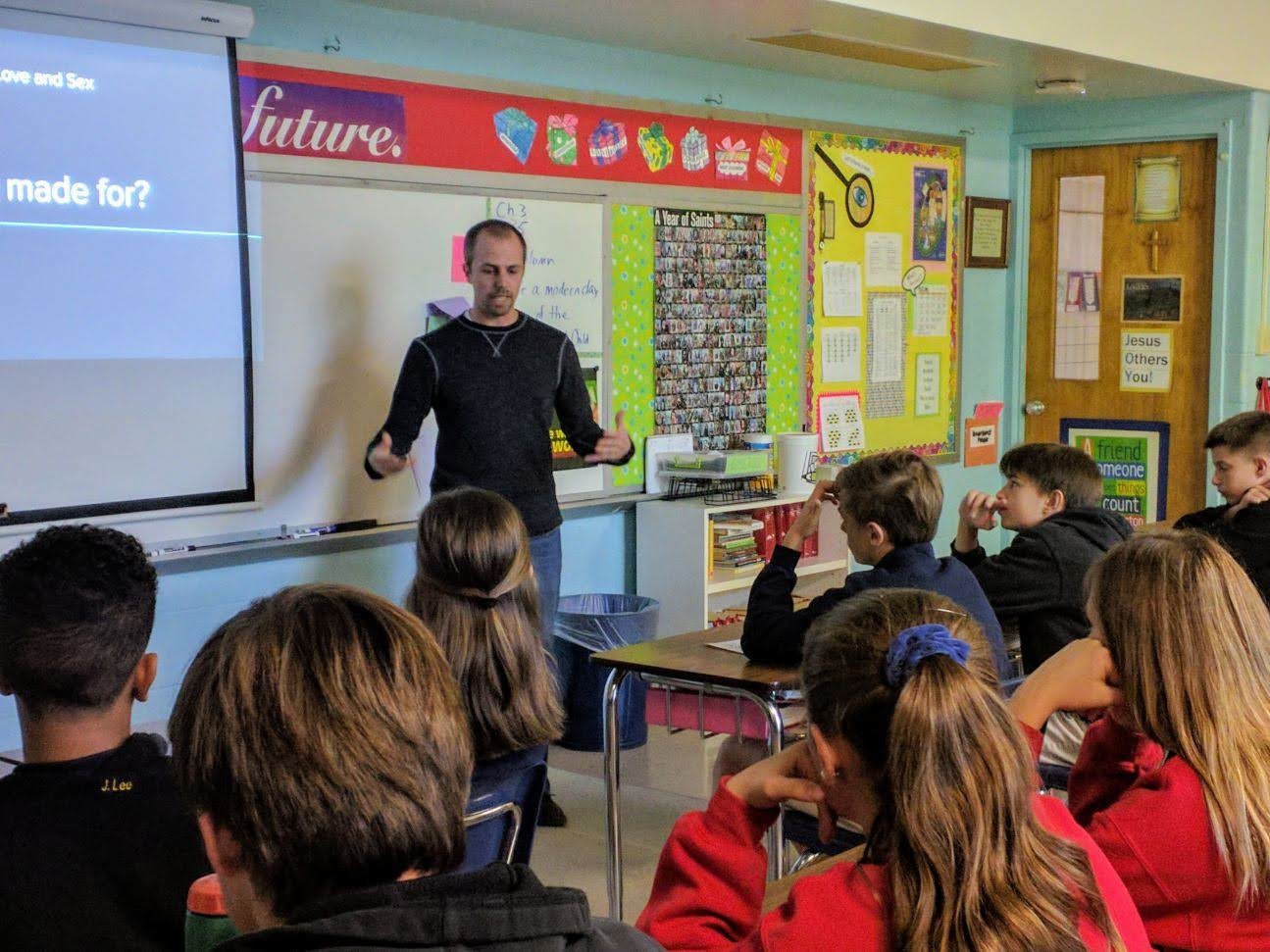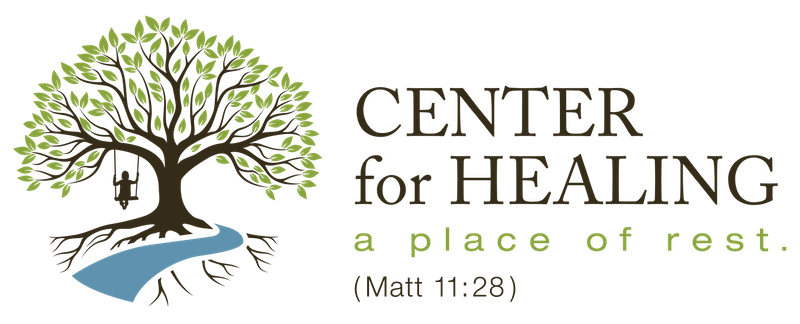Invite a member of the Center for Healing team to speak at your next event

The Mental Health and Porn Talk for Students
Sexting, media addiction, YouTube culture, pornography...schools and parishes are being bombarded with a slew of issues resulting from the internet being readily available on a student's phone.
"Kids now have an x-rated movie theater in their pocket," says Fr Sean Kilcawley, a national speaker on the effects of the pornographic culture. An anonymous 2016 digital survey by a large Catholic High School in the United States found that about 65% of their students are viewing pornography daily or more than once a week and 51% of those students use their phone for access. 89% of the students stated they intentionally viewed pornography for the first time between the ages of 10-15.
The Center has received calls from principles and deans of students around the metro area wondering how to approach this topic. Ranging from fifth graders calling females inappropriate, sexual names, to high schoolers watching pornography daily and females sending 'nudes,' this issue isn't going away anytime soon. The YouTube culture is desensitizing kids to relationship, identity and real love. Now what?
The Center can speak to this effectively, as we have done so at local parishes and schools in the Kansas City Metro area. Yes, our goal is for this behavior to stop, but there is something deeper. Middle schoolers and teenagers are looking for real relationship and connection, which they are not finding on social media. This is a time when they are searching for their identity, which cannot be found on a phone or hours of gaming.
Through our talks, using a balance of humor, science and theology, we will stir the students' minds and hearts to help them question, evaluate and navigate what they are consuming through technology. Here is our approach...
- Brain Science and the damage porn does to health.
- Human dignity, sex trafficking and Theology of the Body.
- Accountability: having real discussions about shame and vulnerability, which strengthen young men and women to come out of isolation and experience the love of God, family and friends.
We hope to serve your students, inspire them and effectively communicate the message that they are made for more than social media relationship and a pornographic sexuality.
Panel Discussion for Parents
Along with serving the students, we also include a panel discussion for parents to educate, address concerns, and open up a discussion on these topics to help them brainstorm ideas to keep their homes safe. With this backend approach to the student talks, we are striving to equip parents to have the necessary conversations and set up their home with a culture of openness and connection. The antidote to kids becoming addicted to porn is a warm home and we will strive to come alongside parents to support them as we've been there ourselves as parents.
Mental Health Topics
The Center is also available for talks regarding mental health issues, such as self-harm, addiction, depression, anxiety, etc. If your school or parish wants more information on these topics, such as prevalence, neuroscience and practical tools, get in touch with us to set up a date... we're here to support you.
I learned that we need to protect everyone especially girls. The internet and many other things put lies into our heads, but we need to counter those. We need to stand up for what is right and look out for one another."
I learned that YouTube is one pathway to sin. I learned that pornography is a very addictive source. I learned about different chemicals that go off in your head."
We learned about how our bodies would change and that we were getting ready to go into puberty. We learned that we shouldn't listen to the devil and watch porn. We learned not to hate ourselves if we did watch porn and were hiding it."
I learned that we should not use others and that pornography is not good for your brain and heart. I also learned that we should be adventurous not stitched to our phones."
I learned that we should treat girls like humans and not just objects. Also that if we see a bad picture that we can tell our parents that we saw that. Finally, that we should not make fun of anyone that is going through puberty because you will go through it too."
